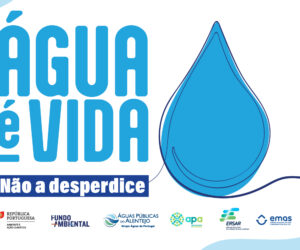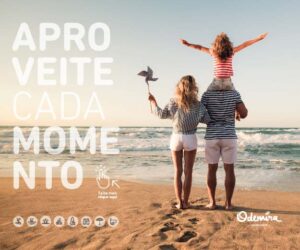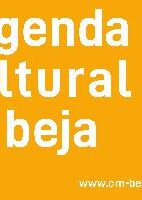 Since today, the majority of the country advances to the third phase, where is the Beja, and that is marked by the reopening of face-to-face classes in secondary and higher education - a national measure, which will also be applied in the highest risk municipalities.
Since today, the majority of the country advances to the third phase, where is the Beja, and that is marked by the reopening of face-to-face classes in secondary and higher education - a national measure, which will also be applied in the highest risk municipalities.
See what changes from this Monday, 19 April, in the municipality of Beja, which passes to the third phase of the deflation.
What is allowed in the municipality?
You can now open all stores and shopping centers, regardless of its size, as well as the cinemas, theaters, auditoriums and concert halls. In the case of citizen's stores, only open with face-to-face service by appointment. Similarly, the restaurants, cafes and pastries can be open with a maximum of four people per table or counter inside or six per table on the terraces - until 10:30 pm on weekdays or 1:00 pm on weekends and holidays.
It is also possible to practice physical activity outdoors for up to six people and medium-risk sports.. In these, include handball, Basketball, football, futsal, roller hockey and volleyball, that until now were only allowed on a professional level. Corfebol, Beach football, hockey and online hockey, by the aquatic, aquatlon, underwater hockey, underwater rugby and wheelchair rugby also return.
Outdoor events are also allowed, provided that they do not exceed the capacity of five people per 100 square meters, as well as weddings and baptisms with 25% stocking.
Moura and Odemira are municipalities that regress to the first phase of deflation.
These counties go back to the previous phase of deflation, since - for the second consecutive biweekly evaluation - they have an incidence rate higher than 240 cases by 100 thousand, we 14 last days.
What will be closed in these counties?
Patios, stores up 200 square meters with door to the street, gyms, museums, monuments, palaces, art galleries and the like close. Besides these, fairs and non-food markets may be prohibited by municipal decision and low-risk sports are prohibited.
What is allowed in these counties?
Trade to the wicket, hairdressing salons, manicures and the like, after prior appointment, and the parks, gardens, green spaces and leisure spaces can work. Besides these, the establishment of stores for the sale of books and musical supports is allowed, as well as libraries and archives.
MEASURES APPLICABLE TO THE WHOLE COUNTRY
Secondary and higher education students, who have been at home since the end of January due to the worsening pandemic, can go back to the classroom classes. No total, are about 300 thousand high school students and 400 thousand of the superior who can return. This measure, all secondary school students and teachers leave distance learning - but in the case of universities and polytechnics, they can decide how and when they will return to face-to-face education - and thus join daycare centers and basic education in public schools, individuals and cooperatives and the social and solidarity sector, as well as leisure centers and study centers, that were already allowed.
Teixeira Correia
(journalist)
Photo: Reinaldo Rodrigues / Global Imagens / Global Media Group

























